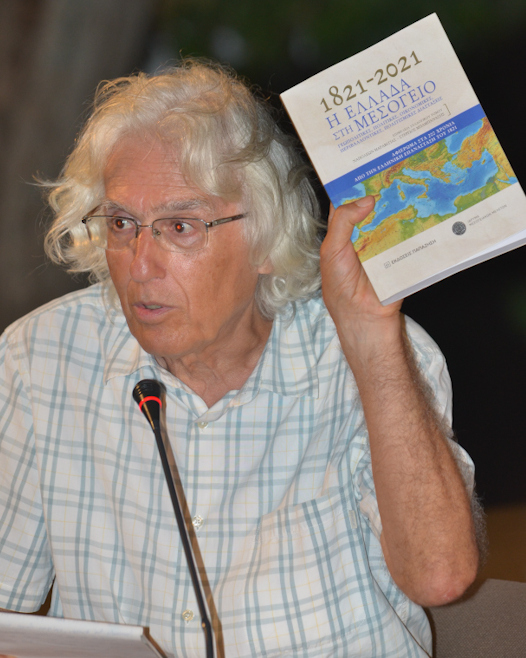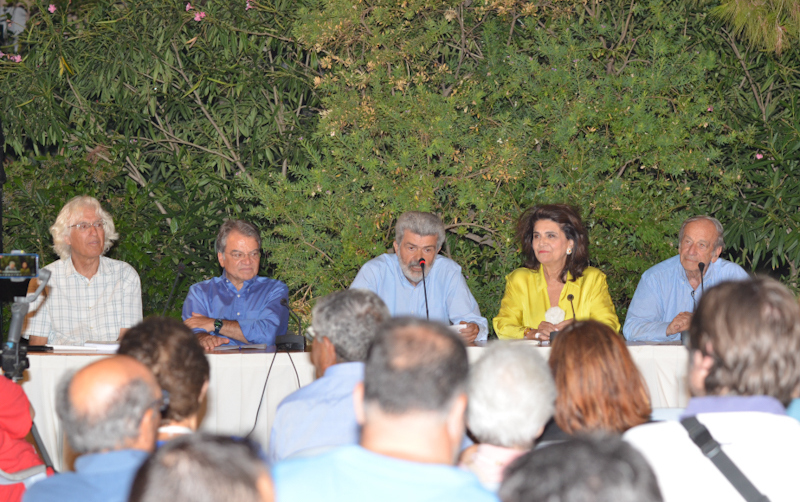
Enthusiastic Crowd Attends Book Presentation
The captivating book authored by our Professor Napoleon Maraveyas and Stergios Babanasis, titled “Greece in the Mediterranean 1821-2021,” was unveiled in a splendid event at the Napier Gazebo in Argostoli, Kefalonia, Greece on the evening of Wednesday, August 17.
This momentous event, supported by the Hellenic Foundation for Culture, Papazisis publication house, and the Foundation for Mediterranean Studies, marks a significant milestone in Greek and Mediterranean history.
Taking the lead, Professor Napoleon Maraveyas opened and orchestrated the event, delving into the book’s content and extending heartfelt thanks to the contributors whose efforts brought this publication to fruition.
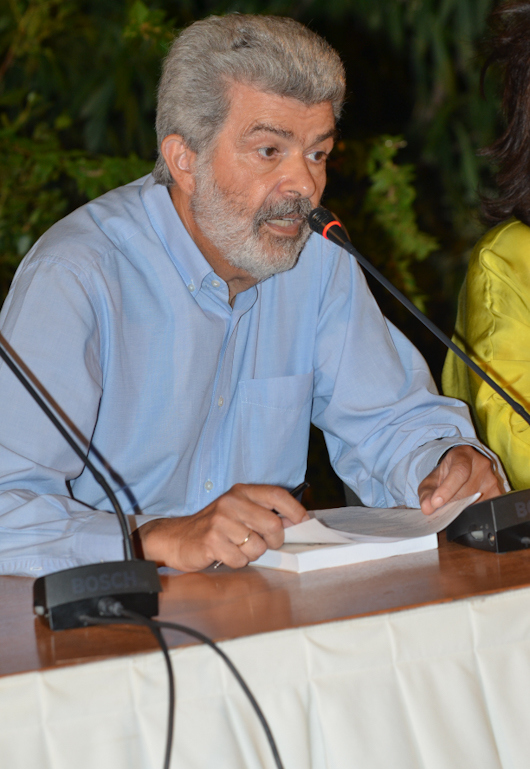
Expressions of gratitude were shared by the Parliamentary Representaive for Kefalonia and Ithaca Panagis Kappatos, who commended the exceptional work of the contributors in integrating the texts from the scientific conference that served as the foundation for this new book.
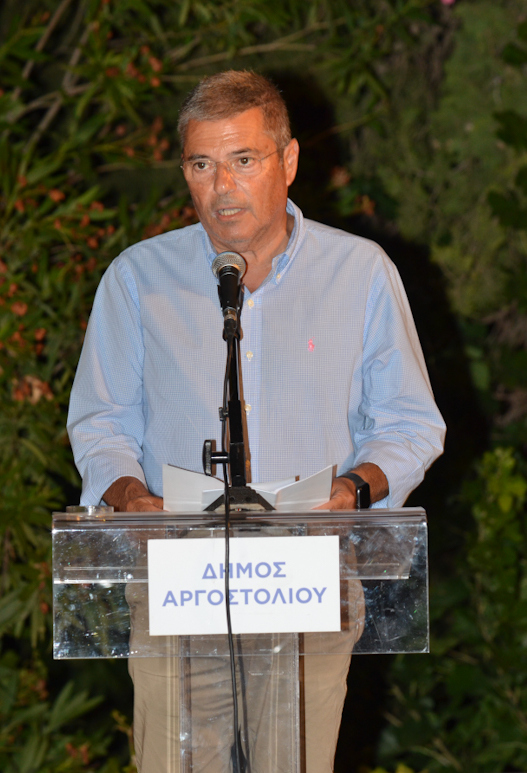
The Mayor of Argostoli, Theofilos Michalatos, received greetings conveyed by the Deputy Mayor of Leivathos, Krystalia Michalatos, who conveyed her joy and pride in Professor Maraveyas’ impactful work and journey.
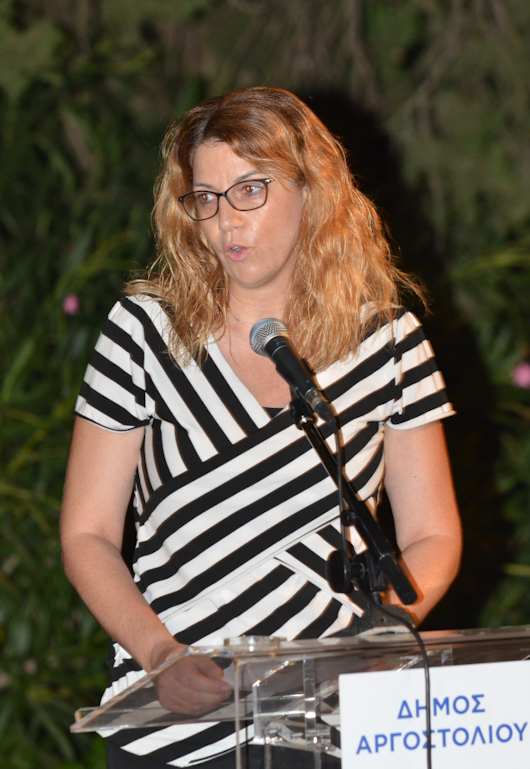
Subsequent to these introductions, the floor was given to the distinguished speakers, starting with the Regional Governor of the Ionian Islands Rodi Kratsa. Ms. Kratsa eloquently emphasized the Mediterranean’s pivotal role as the cradle of history and civilization, praising Greece’s historical contributions through events like the battles of Salamis, Actium, and Navarino, which profoundly influenced the region’s geopolitical landscape. She underscored the significance of European values in resolving tensions and conflicts in the Mediterranean and the Middle East, discussing both EU efforts and Greek initiatives to forge bilateral relationships, notably with Cyprus and Egypt.
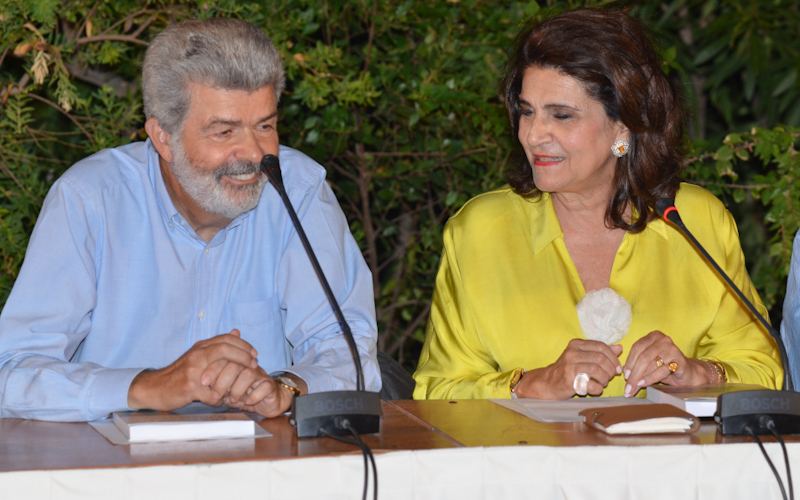
Following suit was the insightful address by Professor Giannis Metaxas from the University of Athens. He lauded the book’s content as a product of rigorous scientific research, addressing historical and contemporary issues that have historically divided the peoples of the Mediterranean.

Zafeiris Tzanatos shared his conviction that Greece has not succeeded in achieving convergence with the rest of Europe on institutional and economic fronts. Drawing parallels with Ireland, which has achieved income per capita comparable to major European northern countries, he discussed the economic challenges faced by Greece as a consequence of institutional shortcomings.

Lastly, Professor Kimon Chatzimpiros shed light on the ecological characteristics of the Mediterranean, portraying it as a sea more suitable for tourism than fishing due to its productive limitations. He discussed the region’s energy landscape, emphasizing its unsuitability for environmentally detrimental activities such as oil extraction. Furthermore, he highlighted the abundant potential of the Mediterranean in harnessing solar and wind energy, referencing a contribution by our esteemed local scholar, Nikolaos Farantouris, in the aforementioned book on energy.
